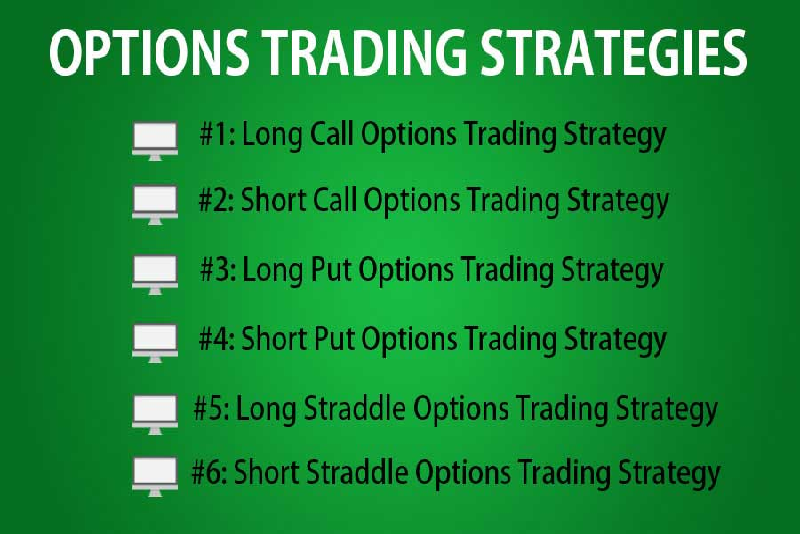BROWSE BY TOPIC
- Bad Brokers
- Compliance Concepts
- Investor Protection
- Investments - Unsuitable
- Investments - Strategies
- Investments - Private
- Features/Scandals
- Companies
- Technology/Internet
- Rules & Regulations
- Crimes
- Investments
- Bad Advisors
- Boiler Rooms
- Hirings/Transitions
- Terminations/Cost Cutting
- Regulators
- Wall Street News
- General News
- Donald Trump & Co.
- Lawsuits/Arbitrations
- Regulatory Sanctions
- Big Banks
- People
TRENDING TAGS
Stories of Interest
- Sarah ten Siethoff is New Associate Director of SEC Investment Management Rulemaking Office
- Catherine Keating Appointed CEO of BNY Mellon Wealth Management
- Credit Suisse to Pay $47Mn to Resolve DOJ Asia Probe
- SEC Chair Clayton Goes 'Hat in Hand' Before Congress on 2019 Budget Request
- SEC's Opening Remarks to the Elder Justice Coordinating Council
- Massachusetts Jury Convicts CA Attorney of Securities Fraud
- Deutsche Bank Says 3 Senior Investment Bankers to Leave Firm
- World’s Biggest Hedge Fund Reportedly ‘Bearish On Financial Assets’
- SEC Fines Constant Contact, Popular Email Marketer, for Overstating Subscriber Numbers
- SocGen Agrees to Pay $1.3 Billion to End Libya, Libor Probes
- Cryptocurrency Exchange Bitfinex Briefly Halts Trading After Cyber Attack
- SEC Names Valerie Szczepanik Senior Advisor for Digital Assets and Innovation
- SEC Modernizes Delivery of Fund Reports, Seeks Public Feedback on Improving Fund Disclosure
- NYSE Says SEC Plan to Limit Exchange Rebates Would Hurt Investors
- Deutsche Bank faces another challenge with Fed stress test
- Former JPMorgan Broker Files racial discrimination suit against company
- $3.3Mn Winning Bid for Lunch with Warren Buffett
- Julie Erhardt is SEC's New Acting Chief Risk Officer
- Chyhe Becker is SEC's New Acting Chief Economist, Acting Director of Economic and Risk Analysis Division
- Getting a Handle on Virtual Currencies - FINRA
ABOUT FINANCIALISH
We seek to provide information, insights and direction that may enable the Financial Community to effectively and efficiently operate in a regulatory risk-free environment by curating content from all over the web.
Stay Informed with the latest fanancialish news.
SUBSCRIBE FOR
NEWSLETTERS & ALERTS
Virtually Bankrupt, An Elderly Investor Trades Options on Advice from Broker
[Image: Top 6 Options Trading Strategies / WallStreetMojo.com]
by Howard Haykin
Instead, the man was told to begin trading options - by the broker - as a way to generate more income in the account. Equity options give an investor the right to buy (a 'call') or to sell (a 'put') a quantity of stock (usually 100 shares) at a set price (strike price), within a certain period of time (prior to the expiration date).
The man followed the broker’s recommendation, even though he had little or no experience trading options. Between August 2015 and January 2018, the man wrote 20 covered call options, purchased 22 put and call options, and wrote 6 uncovered put options – all based on the broker’s recommendations. [See below for brief explanations of these options strategies.]
By January 2018, the balance of the man’s IRA account balance had fallen to below $20,000 - due to the combined effect of investment losses and steady withdrawals.
For recommending and effecting a risky options-trading strategy that was entirely unsuitable for his customer, the broker was discharged from the brokerage firm and essentially booted from the industry.
For its apparent failure to adequately supervise this broker, Berthel Fisher received no sanctions in connection with the mishandling of this customer’s IRA account.
A SHORT PRIMER ON OPTIONS STRATEGIES.
PUT OPTIONS give the option holder the right to sell a specified amount of an underlying security at a pre-determined "strike price." CALL OPTIONS, conversely, give the option holder the right to purchase a specified amount of an underlying security at the strike price.
- In both cases, the purchaser pays a premium in exchange for the option - and risks losing
that entire premium.
- If shares of the underlying security rise or fall past the strike price, the option holder may exercise the option.
- The option holder can also sell the option before its expiration date, either to realize a profit or avoid greater losses.
- If neither of those happens, however, the option expires worthless, and the purchaser loses the entire amount of the option premium.
A PUT IS NAKED OR UNCOVERED when the option seller does not hold a short position in the underlying security and therefore risks losing the entire difference between the put option's strike price and the value of the underlying security at the time of the option's exercise.
- An investor who sells uncovered puts, which are also known as "naked" or "short" puts, runs the risk of having to purchase a security for significantly more than its market price
[For further details, click on … FINRA Case #2018057425201.]





